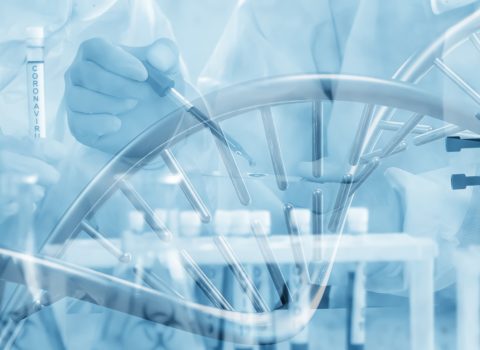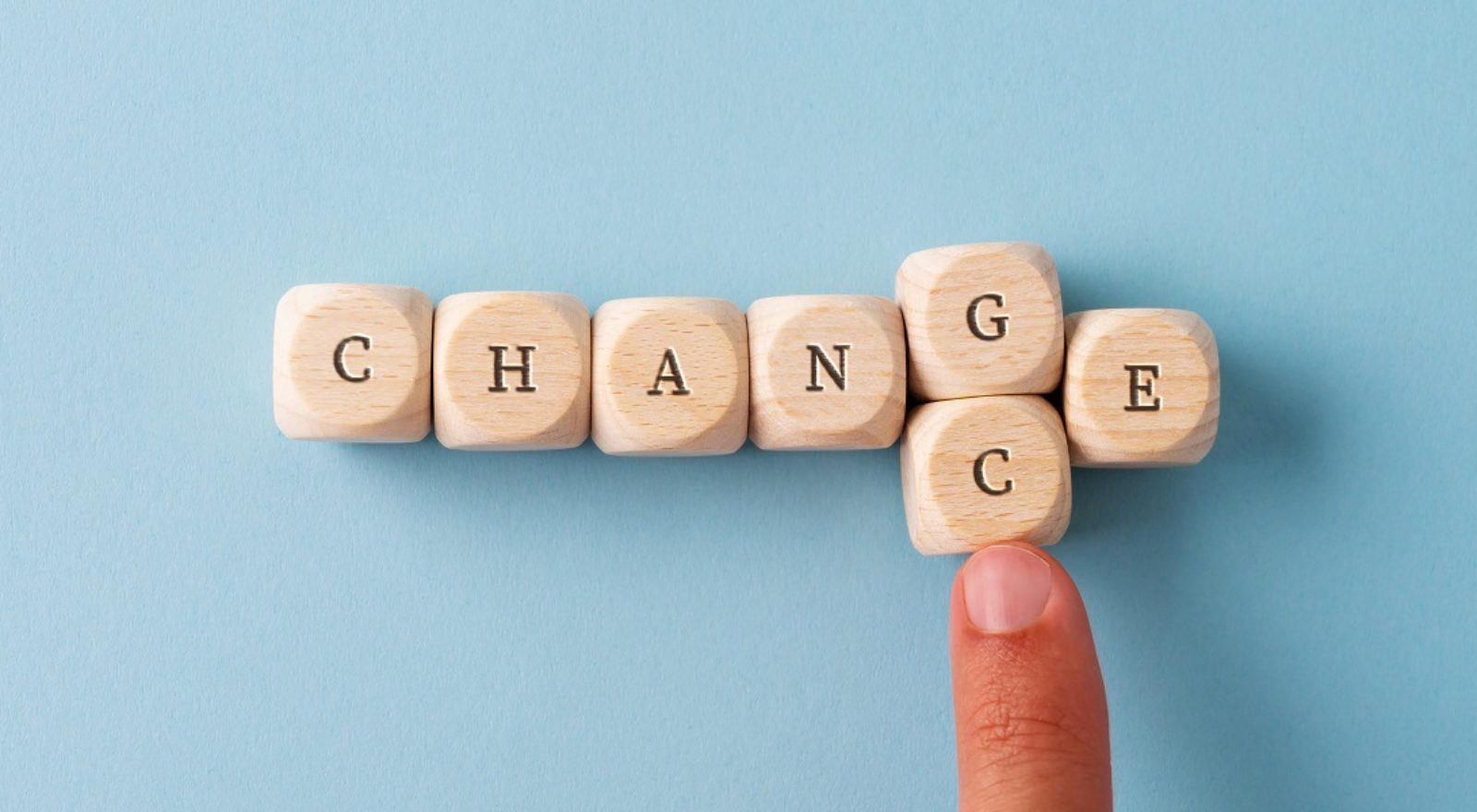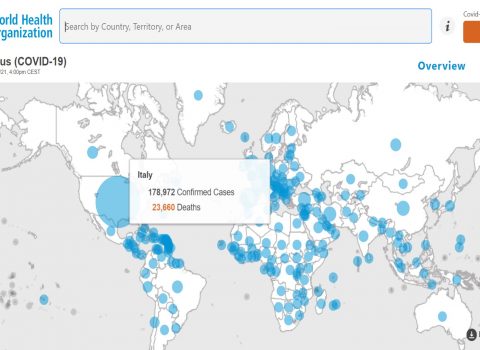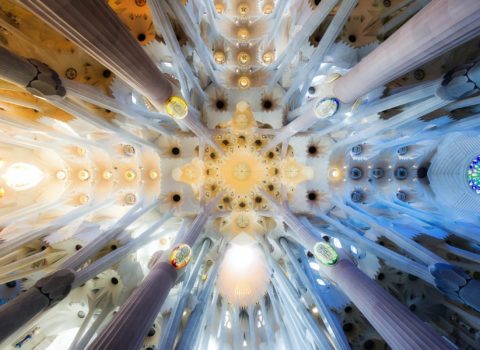
Wonder and Transformation. Towards a circular health
Yet another top-notch expert as protagonist of the event organized by FBK per la Salute
What does wonder have to do with a pandemic that for two years has kept the world in check and forced us to turn upside down our lifestyle, our way of living our affections, working, spending our free time, getting medical treatment? At first glance you would say very little, and the weight of the negative aspects would seem to cause the scale to swing vertiginously on its side.
Yet, according to Ilaria Capua, director of the One Health Center of Excellence and researcher of worldwide fame, even in a devastating and death-threatening event like a pandemic there can be opportunities for rebirth and change, for a better future which hopefully sets itself at a distance from the past. After a first phase of astonished bewilderment in front of an unknown situation that catches us unprepared, the urge to react, find solutions, raise our heads takes over.
Of course it is undeniable that the Covid-19 pandemic has marked a watershed, a sort of pandemic crack that sets a before and an after: just as we talk about post-war, we will also talk about what it used to be like before and after the 2020 pandemic, which has forever changed the way we perceive the reality surrounding us and the sense of invincibility that we had become accustomed to. This figurative crack is a space to reflect and learn, where to plant seeds for a better world that will follow. Some people have done so on an individual level, they have wondered what really matters in their lives, they have made an inventory of the most important affections, of the things that were previously taken for granted and that now seem so precious and undeniable; other people had to concentrate on scientific and political reflections and will have to learn from this experience so that certain mistakes are not repeated and do not catch us still in flaw in the future, driven by the generating energy inherent in the pandemic.
We have learned that we live in an extremely interconnected world, a kind of amniotic sack in which everything is related: what happens in China matters because it is not far at all and it only takes an intercontinental flight to bring the problem right into our houses. Similarly, if the other “housemates” who inhabit our own world – animals and plants – suffer, this concerns us personally and cannot be ignored. Animals and plants are important because they maintain ecosystems, they guarantee biodiversity, which is a huge tank of resources, and when thousands die as in the fires in Australia in recent years, it is also our problem because it will trigger a domino effect the consequences of which, sooner or later, will also reach people living thousands of kilometers away. For this reason also, the contribution of the veterinary medicine in support of the work of virologists and immunologists to gradually isolate and study the new coronavirus was decisive.
The concept of circular health, about which Capua has talked several times, or a holistic vision of health that sees man, animals and the environment interconnected in an indissoluble way, strictly depends on this concept. How important this is is foreshadowed by the forthcoming threat in the future, that of antibiotic resistance, that is, the diminishing ability of the human body to react to antibiotics due to the inconsiderate use of such drugs in intensive meat and fish farms, but also in agricultural crops.
Unfortunately, similar alarm bells, as well as those raised about climate change, the melting of glaciers and so on, can no longer be silenced, as negationist theories often tend to do, aiming to simplify and minimize everything reducing complexity to a few certainties; similar approaches lead to avoiding fundamental questions that should instead push us to take a position and react. Even with the Covid-19 pandemic it was like this: in various parts of the world at first many political leaders minimized and sometimes even ridiculed the warnings of experts, taking pictures amidst festive crowds with aperitifs in one hand and promoting slogans later sounded sadly ridiculous like “Milan never stops”. On the one hand, this approach is human and it also has socio-economic motivations behind it, without forgetting that previous epidemics such as the avian or swine ones had then resolved in a short time and without great damage, but the painful experience of the past two years must at least teach us not to put the problem aside immediately but to consider it with due attention so as to not be caught unprepared. We are not invulnerable at all, and we have widely understood this in recent times.



